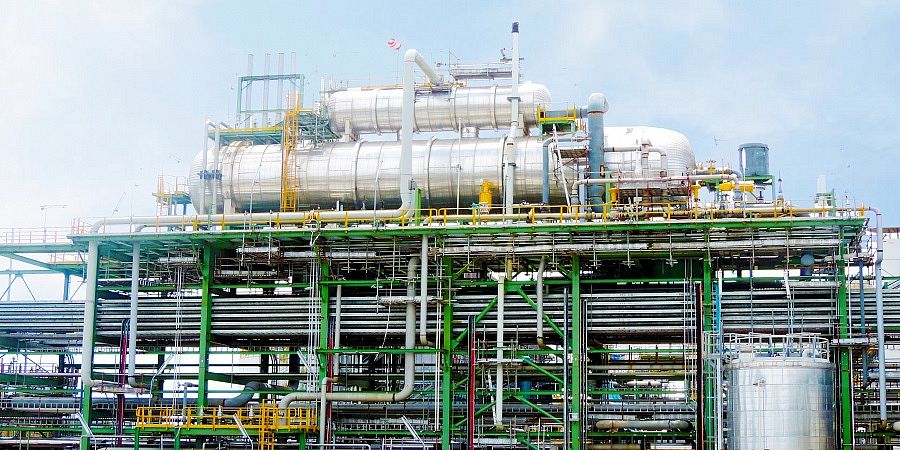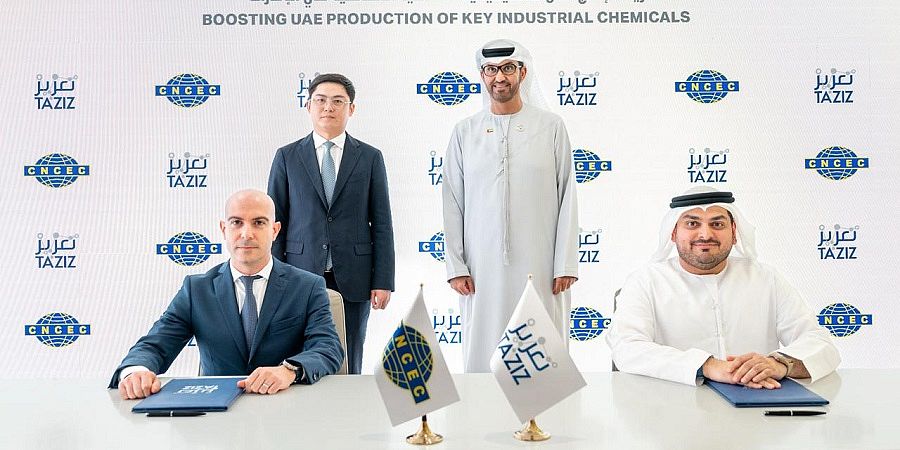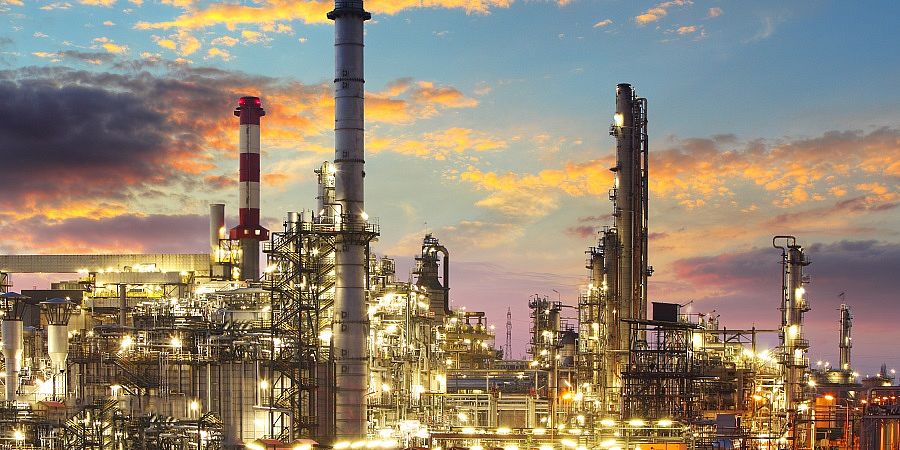This figure also exceeding pre-epidemic H1 2019 volumes by 15%.
Total diesel production was up 2.1% at 4.57 million tonnes — again, 3.7% higher than in H1 2019.
Production of high-performance G-100 gasoline was up 39.3%.
Production of branded road and construction bitumens, incl. innovative polymer-modified bitumen binders, was up 18%, at 1.1 million tonnes.
Moscow and Omsk Refineries together processed 15.5 million tonnes of petroleum feedstocks.
Anatoly Cherner, Deputy Chairman of the Management Board of Gazprom Neft, said:
- Our refinery development programme is delivering good results
- Gazprom Neft’s refineries are increasing production of products in considerable demand on the market, are consistently cutting consumption of natural resources, and are reducing their environmental impacts
- The state-of-the-art production complexes we have built in Moscow and Omsk mean we can be flexible in responding to market demand, making the right products available to our clients quickly
- Further growth in supply will be covered by our deep refining complexes, the 1st of which - at the Omsk Refinery - will come on stream this year
Sales of JET A-1 fuel are handled by the company’s aviation refuelling subsidiary, Gazpromneft-Aero.
Specialists at the Moscow Refinery began producing environmentally-friendly ultra-low sulphur (under 0.5%) marine fuels, appropriate for use on both domestic and international shipping routes, with the 1st 10,000-tonne consignment of this fuel being despatched by Gazpromneft-Marine Bunker, to clients in the Port of St Petersburg.
To read the news in Russian







